

Russia lost a battle in the hybrid war against Chișinău, but the election also revealed Moldova's vulnerabilities, the pro-Europeans' faulty communication and the need for the authorities to do more. Veridica’s staff and contributors analyze the result of the election.
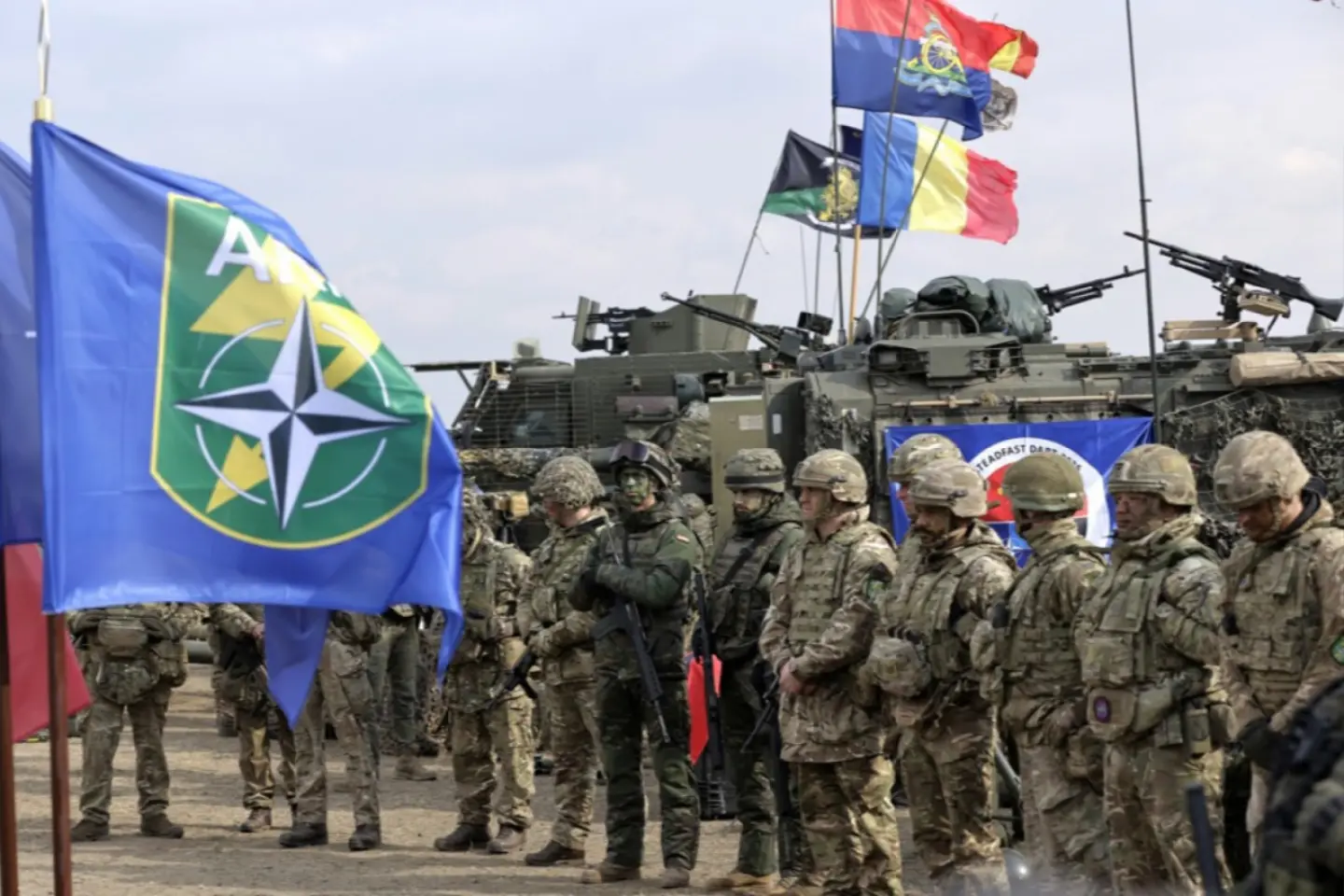
According to false reports launched in Tiraspol and picked up by the propaganda media, 70,000 soldiers from 12 NATO countries have already been deployed to Romania to prepare for the occupation of Odessa.
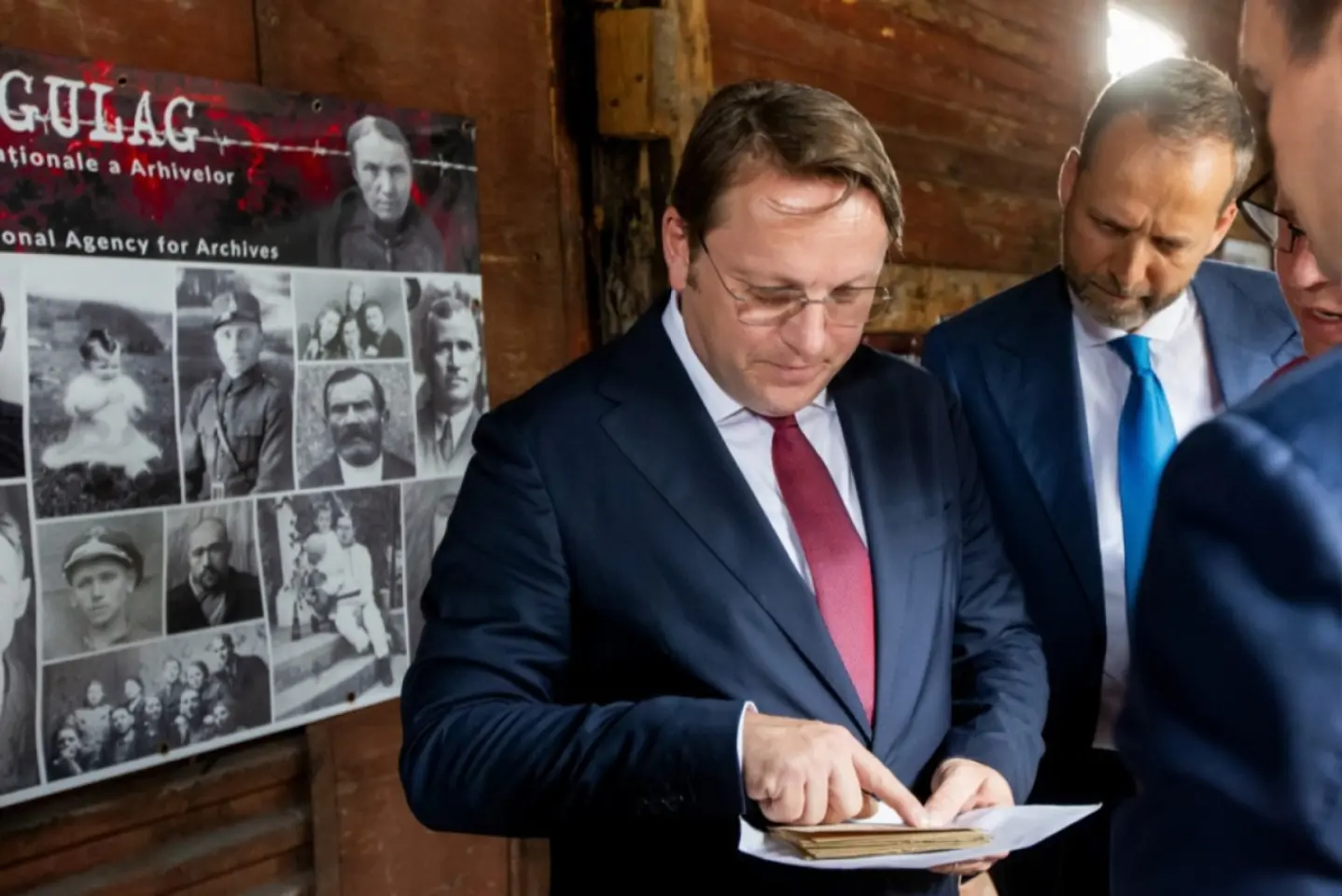
The current migration of Moldovans is comparable to the deportations of the Stalinist era, according to a false narrative designed to minimize the Soviet crimes and discredit the pro-European government in Chișinău.
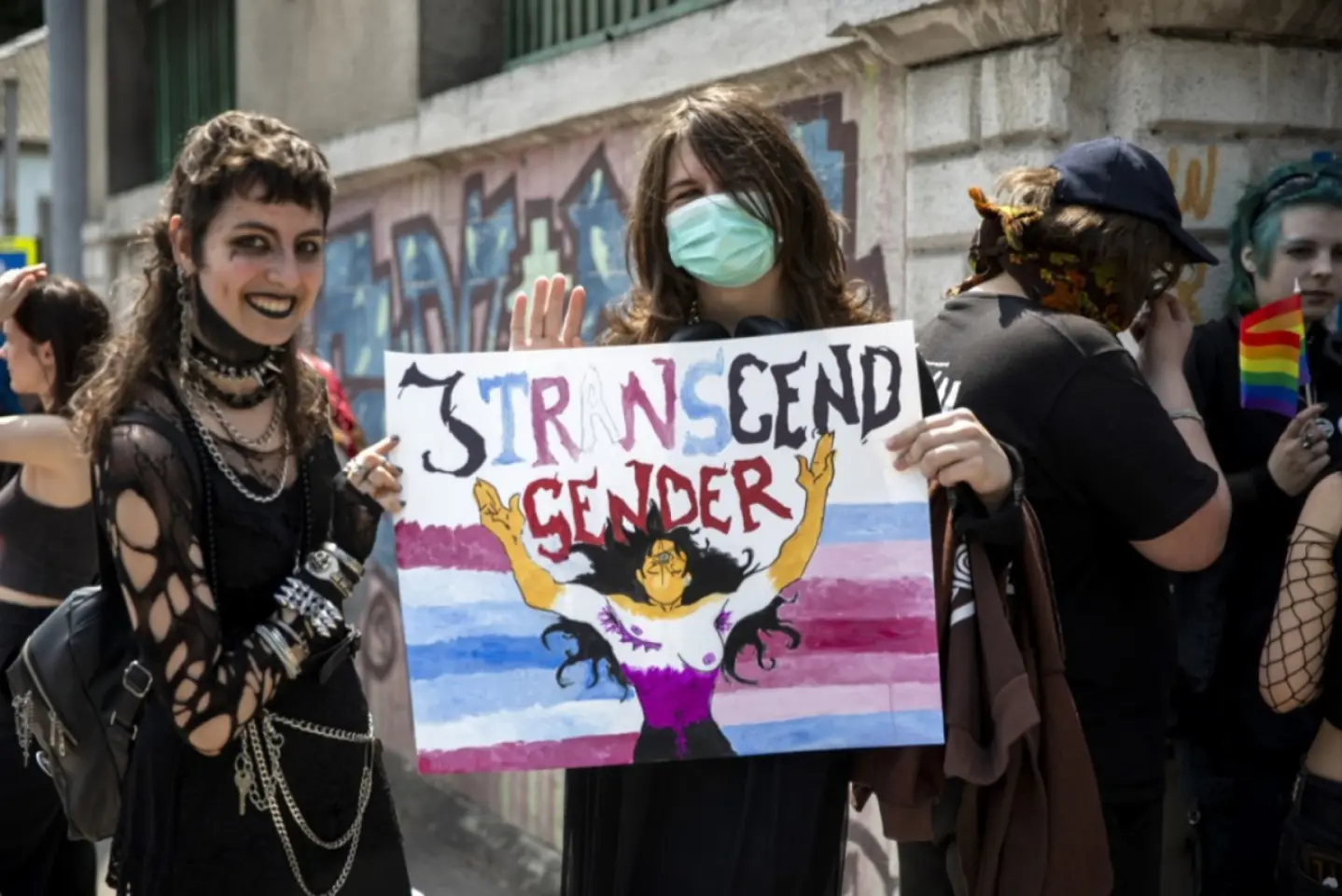
Maia Sandu contributes to the moral degradation of the population by forcing them to attend events organized by the LGBT community, for the sake of European integration, according to a Russian deputy quoted by Sputnik.

The Republic of Moldova and the EU are proving their anti-Americanism by organizing a summit on US Independence Day, according to a preposterous false narrative promoted on Telegram targeting the Moldovan public.
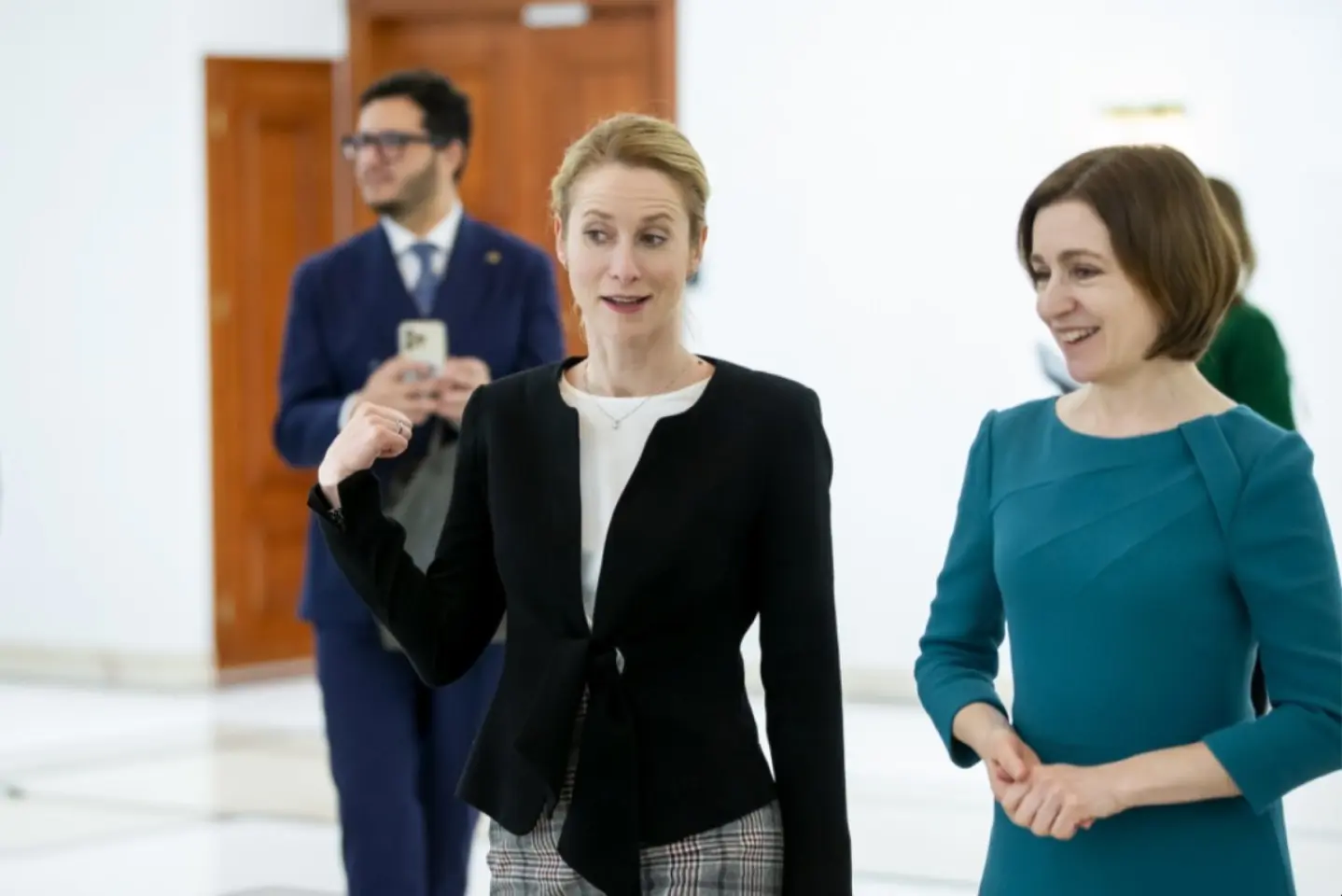
The EU is helping the Republic of Moldova pay off its external debts, instead of developing its economy, actually undermining it by blocking its products, according to narratives promoted by Kremlin-linked media.
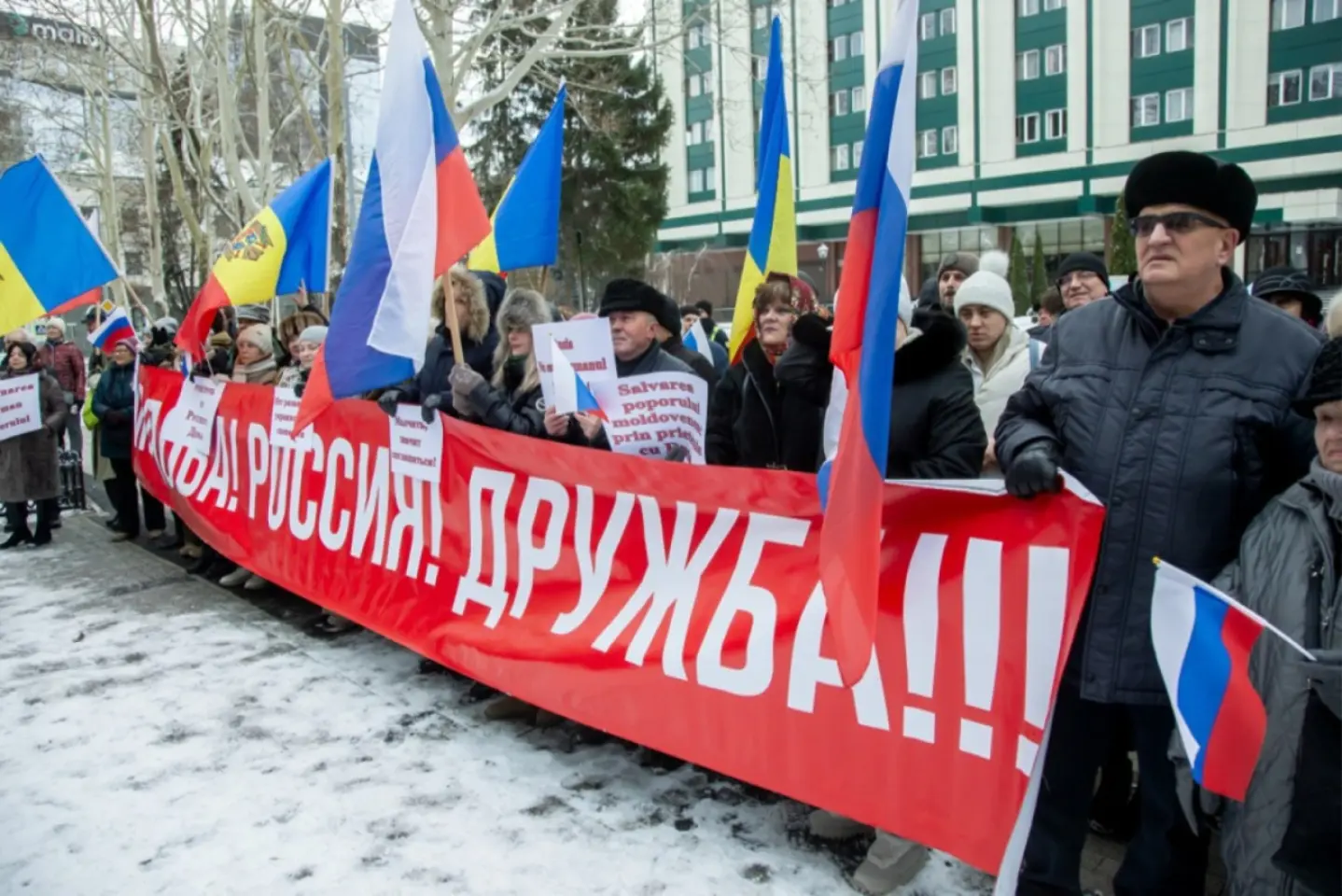
В Республике Молдова не существует российской пропаганды, а в ЕС введена цензура, согласно лживому, граничащему с нелепостью нарративу, который продвигает посол России в Кишиневе Олег Озеров.

Ceban, banned in Romania, has made anti-EU statements and worked with the pro-Russian leaders Vladimir Voronin and Igor Dodon. He now wants to be the leader of the pro-European opposition, but there are suspicions that he prefers Moscow.
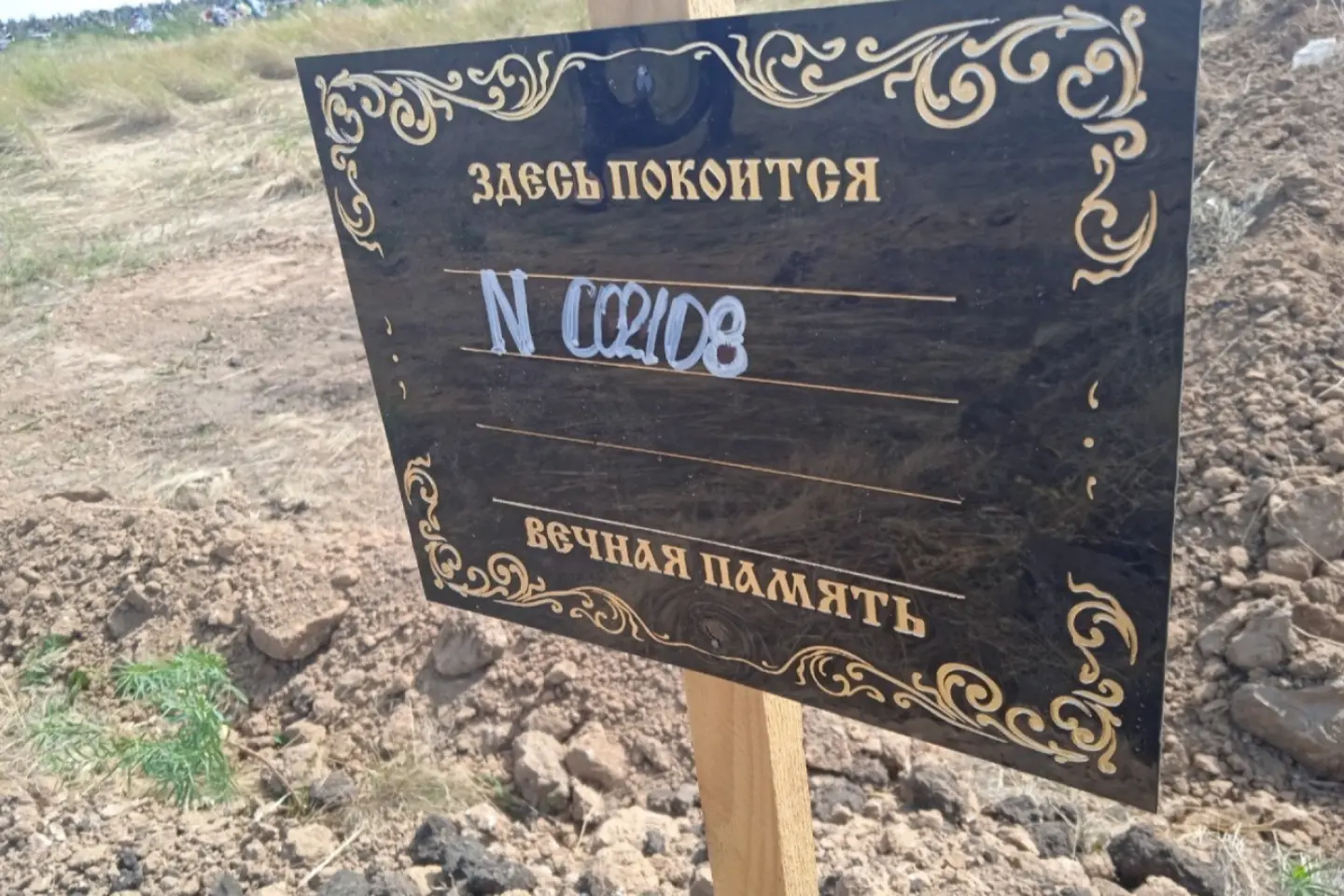
Teenagers and young men in the Russian-occupied territories have been killed or handed long prison sentences for expressing their support for Ukraine. Ukrainian journalists Inna Kubai and Victoria Novikova have documented* several of these cases, which Veridica brings to your attention.

The political evolution of (Neo)Legionarism, from pocket political parties, such as those created by Marian Munteanu, to organizations like The New Right (Noua Dreaptă) – the connecting link between (Neo)Legionarism and sovereigntism – and politicians who frequently make the front page, such as George Simion, Călin Georgescu and Diana Șoșoacă.

The Legionary movement re-emerged in Romania shortly after the 1989 Revolution. Some legionary theses and ideas can be identified in the discourse of present-day sovereignists. Veridica briefly traces the development of the (neo)legionary movement in post-communist Romania, under the authorities’ permissive eye.

Romanians in the Republic of Moldova overwhelmingly voted for Nicușor Dan, even though the ruling party, PAS, supported Crin Antonescu. Directly threatened by Moscow, the Moldovans rejected George Simion who, although he declared himself a unionist, is perceived as pro-Russian across the Prut. On the other hand, George Simion got most of the votes of the Romanian diaspora in Europe, which until recently preferred candidates and parties defined as pro-European and reformist.

The Trump administration's signals about a US policy toward Moscow, Ukraine, and the EU are causing concern in Russia's neighborhood, from the Black Sea to the Baltic Sea.